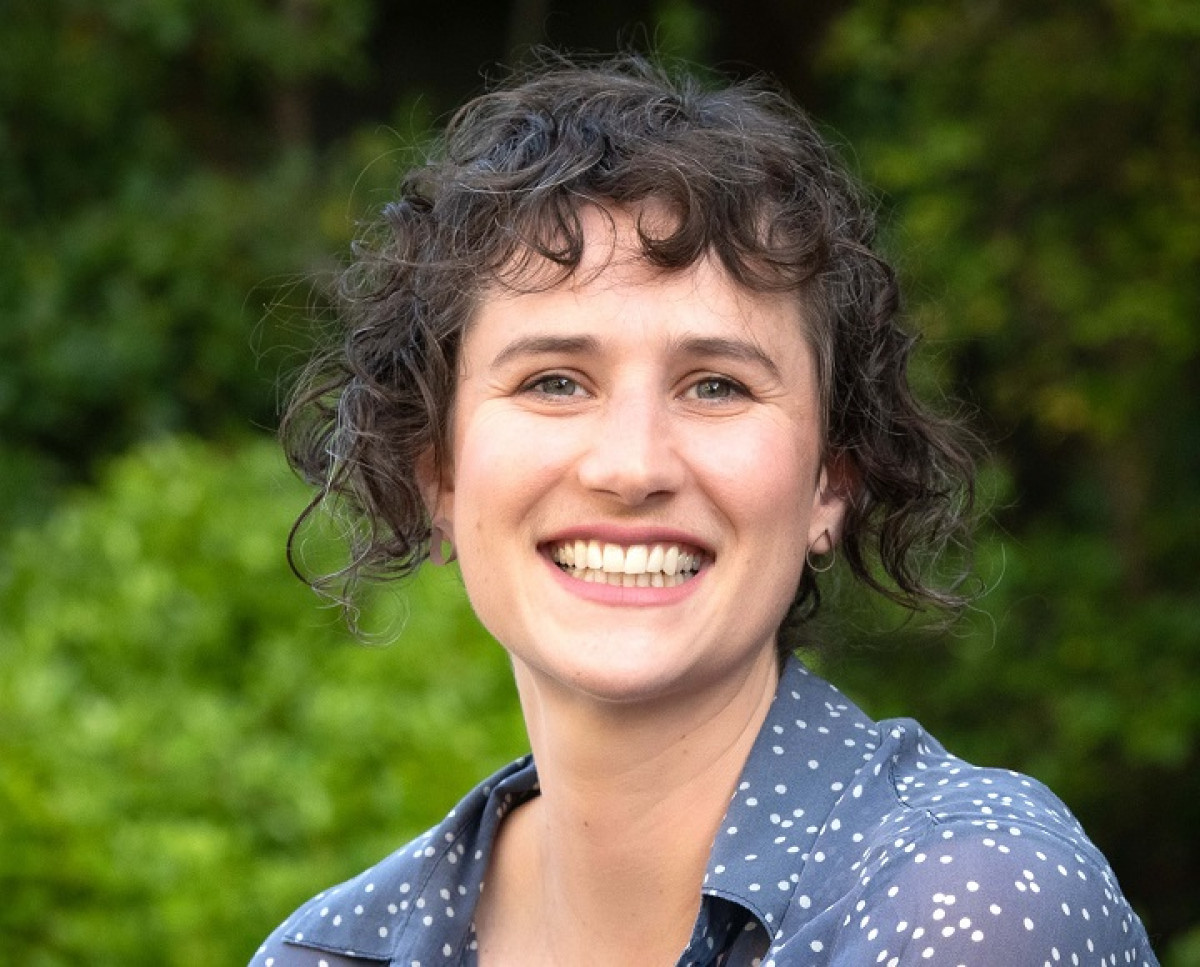Holistic needs of non-hospice cancer patients: How to support them and their community of care? Specialist palliative care provides medical, psychological and spiritual care for those with the highest needs. However, two-thirds of dying people do not access hospice care.
End-of-life care for non-hospice patients (people who decline hospice services or are declined by hospice) is provided in the community by their whānau, general practitioners and other supports such as the Cancer Society.
However, few New Zealand studies have examined the needs of this population.
This project explores the experiences of people with life-limiting cancer to understand how best to support them around dying and death.
The researchers use interviews and creative methods to follow ten people from diverse backgrounds, their whānau and health professionals over a 12-month period. The outcome will be increased knowledge about how to support non-hospice cancer patients and their community of care.
The researchers are also looking at the experiences of ten people going through the assisted dying process, their whānau and health professionals when the End of Life Choice Act comes into force 7 November 2021.
This research aims to improve the quality of life and quality of dying for cancer patients and provide health professionals with greater knowledge about how to assist people at the end of life.
Dr Jessica Young says: “I feel so privileged to have a Cancer Society post-doctoral fellowship exploring the experiences and views of people with life-limiting cancer who do not have hospice services involved in their care or are considering assisted dying, their whānau and health professionals."
"My goal with this fellowship is to learn from others with end-of-life experience so I can contribute to supportive cancer care and work towards remedying the unacceptable inequitable cancer outcomes in Aotearoa.”
Funding: $199,962.00

